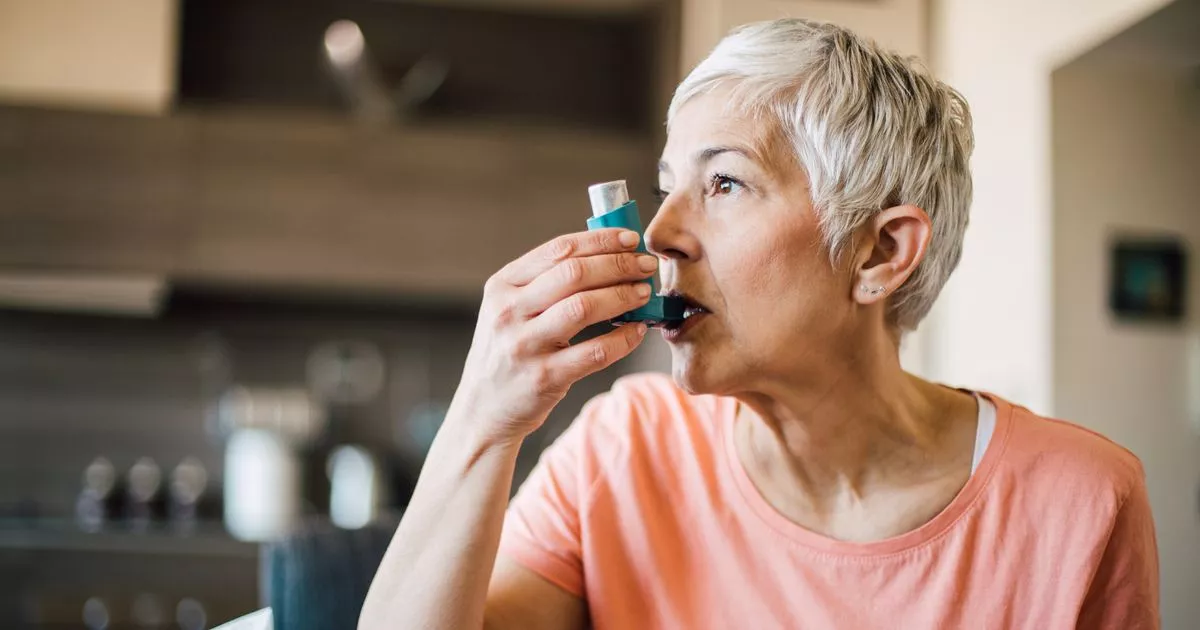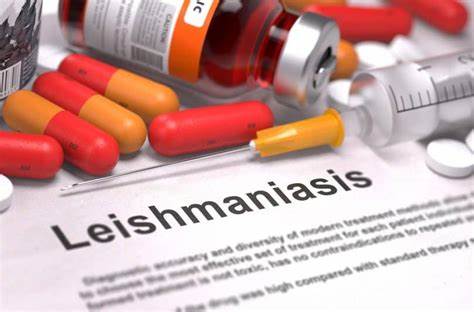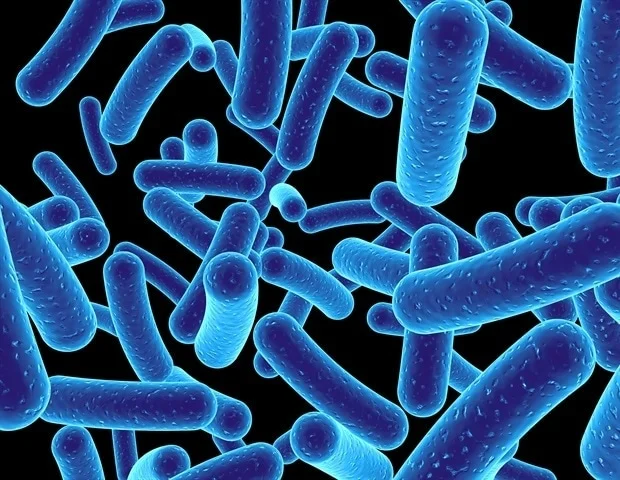Serum Institute CEO Adar Poonawala speaks to The Daily Guardian about the ongoing trials of the coronavirus vaccine and assures that it would be affordable.

In an interaction with The Daily Guardian, Serum Institute CEO Adar Poonawala spoke about the ongoing trials of the Covid-19 vaccine and when it is expected to be available for the masses in India. He also assured that the vaccine would be affordable and that the Serum Institute was ramping up its manufacturing capacity to be able to produce around 1.95 billion doses of the vaccine annually. Excerpts from the interview:
Q. When can India get the Covid vaccine? Is there any possibility for it to be out by the end of 2020?
A. It is too early to comment on when India can get a vaccine. The UK trials are on the verge of completion, and our Indian trials are also running smoothly. Based on the trial’s success in India and the UK, and if approvals from regulatory bodies are in place in time, we can expect the vaccine to be available in India by January 2021 (but only if it’s proven immunogenic and efficacious).
Q. What would be the cost of the vaccine?
A. We are in conversation with the government regarding the cost of the vaccine and it is too soon to confirm. But it will certainly be affordable.
Q. How much have you invested in the vaccine till now? How much more is required?
A. Currently, we have invested around $200 million for the Covid vaccine candidates in terms of optimising our production of the facility, technology, and resources to ensure smooth production. Additionally, as part of our alliance with GAVI and Gates Foundation, we have received $300 million to manufacture billions of vaccines for GAVI nations and India.
Q. What would be the manufacturing capacity of Serum Institute?
A. Currently, we have an annual capacity of over 1.5 billion doses. Once the new facility is ready, our capacity will be around 1.95 billion doses. Following the urgency of the situation, we have dedicated two of our facilities in India to produce millions of doses of the Covid-19 vaccine. So far, we have produced small batches for testing and trial purposes only. Under an at-risk manufacturing and stockpiling license from DCGI, we will soon be manufacturing 60-70 million doses, and aim to scale manufacturing further up to 100 million doses of the vaccine per month. However, we will progress to mass production only after it is proven efficacious and immunogenic for mass use.
Q. How is Covishield better than other vaccines in the pipeline?
A. Presently, the Oxford-AstraZeneca vaccine is one of the few vaccines which is showing promising results based on the ongoing trials and has been cleared for the final phase! We have a long-standing relationship with the Jenner Institute at the University of Oxford for our various other vaccine initiatives and are hopeful that it will be an efficacious and immunogenic vaccine, viable for mass use.
Q. How many volunteers have taken vaccines in India till date?
A. Right now, we are conducting trials on 1,600 volunteers across 15 different centres, covering numerous regions that are Covid-19 hotspots.
Q. How much vaccine dosage will be given? How will it affect if given a single dose only?
A. This is a 2-dose vaccine; the gap between doses is 28 days. Usually, most vaccines are administered in 2-3 doses in order to prime with the first dose and then boost immunity with the second. Similarly, I think the vaccines for Covid-19 will also be administered in 2-doses and we will not take the risk of giving it as a single dose only.
Q. What strategy are you following to meet the targets for manufacturing and distribution? Any partnerships?
A. We have associated with AstraZeneca and various other associations that include the GAVI Alliance and the Gates Foundation, to distribute the vaccines via them and as part of government immunisation programmes (once proven immunogenic) across GAVI nations and India at affordable pricing. The prioritisation of the distribution of the vaccine lies with the government bodies and the Health Ministry overall. Add to that, our manufacturing capacity and expertise and Jenner Institute’s proven track record, which further expands the scope for the Covid-19 vaccine production and distribution.













